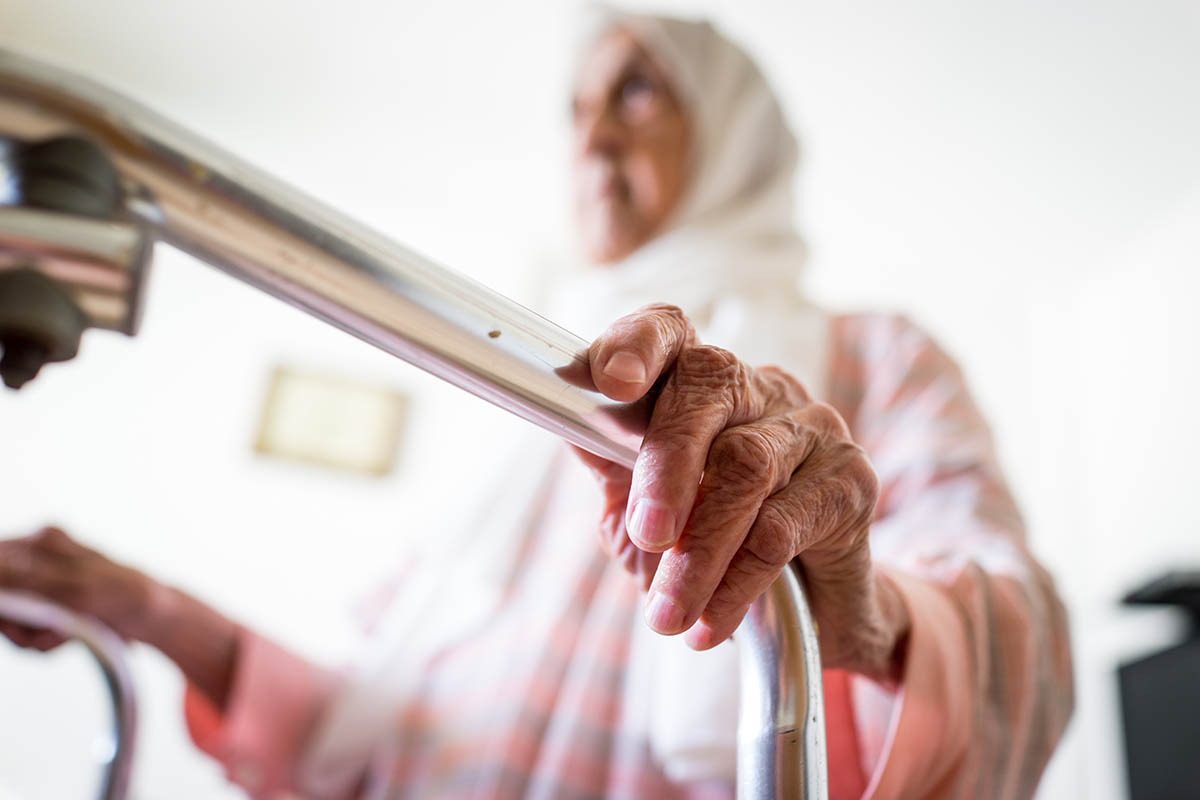Addressing language barriers in dementia assessment
Validated and standardized neuropsychological tests that can assess cognitive abilities in Arabic could better ensure earlier, and more accurate, diagnosis of neurodegenerative diseases in the Middle East and North Africa.
With nearly half a billion inhabitants across some 20 countries, the Middle East and North Africa (MENA) region is projected to witness significant growth in the number of people living with neurocognitive disorders. Today, dementia affects 1.1% to 2.3% of over-50s, rising to between 13.5% and 18.5% among the over-80s.
The region has much linguistic diversity, with residents speaking colloquial forms of Arabic and several other languages. This poses a significant challenge for healthcare professionals working to assess the cognitive abilities of someone speaking an understudied language, such as Tamazight or Domari.
“Over-reliance on translated versions of existing cognitive assessment tools is not the way forward. However, the development of culturally valid, standardized assessment tools is contingent to the promotion of strong, active research in neuropsychology in the MENA region.”
Mohamed Seghier
To address the lack of validated and standardized neuropsychological tests that can assess cognitive abilities in Arabic, researchers Mohamed Seghier and Oula Hatahet from Khalifa University’s Department of Biomedical Engineering and Biotechnology, in collaboration with a researcher from the Cleveland Clinic Abu Dhabi, have shed light on the neuropsychological tests used in the region to test various cognitive domains, such as memory, attention, language, visuospatial abilities and executive functions.
Their findings underscore the reliance on unvalidated translations of English tests, lacking standardization and risking misdiagnosis. They also highlight a lack of rigorous assessment criteria and a shortage of trained professionals.
“Over-reliance on translated versions of existing cognitive assessment tools is not the way forward. However, the development of culturally valid, standardized assessment tools is contingent to the promotion of strong, active research in neuropsychology in the MENA region,” says Seghier.
“The creation of a MENA society in neuropsychology can help raise awareness about the importance of that field and its relevance for the development of assessment tools for the growing aging population of the MENA region”.
Mohamed Seghier
The complexity of language use, with patients switching between Modern Standard Arabic for formal contexts and Colloquial Arabic for everyday activities, further complicates test development and administration. The researchers stress the need to develop culturally unbiased tests, tailored to diverse linguistic and cultural groups.
Although similar initiatives have already taken place for Korean and Spanish speakers, creating tests for every spoken language may not be feasible, and translated versions (even with the help of artificial intelligence) might be the only option for some populations.
Beyond the language barrier, the lack of comprehensive epidemiological data about dementia in the MENA region poses another challenge. Collecting high-quality data about dementia is extremely difficult in some countries, due to a lack of resources, inadequate healthcare infrastructure, stigma and public disinterest in participating in research studies.
“As the region strives to address the cognitive health needs of its aging population, the creation of a MENA society in neuropsychology can help raise awareness about the importance of this field and its relevance for the development of assessment tools,” says Seghier. “This will improve cognitive assessments for patients and healthcare outcomes for all.”
To enhance neuropsychological standards, the researchers advocate initiatives such as the establishment of a regional neuropsychological society, open-access databases, cross-country exchange programs to facilitate knowledge sharing, and training opportunities for aspiring clinical neuroscientists and neuropsychologists.
“Unfortunately, some myths and taboos about dementia are still present,” explains Hatahet. “For this reason, we encourage the use of media platforms to raise awareness about the different types of dementia, challenge stereotypes and foster a more inclusive society, ensuring that people living with dementia are treated with respect.”
Reference
1. Hatahet, O.; Roser, F.; and Seghier, M.L. Cognitive decline assessment in speakers of understudied languages. Alzheimer’s & Dementia: Translational Research & Clinical Interventions, 9(4), e12432, 2023 | Article




